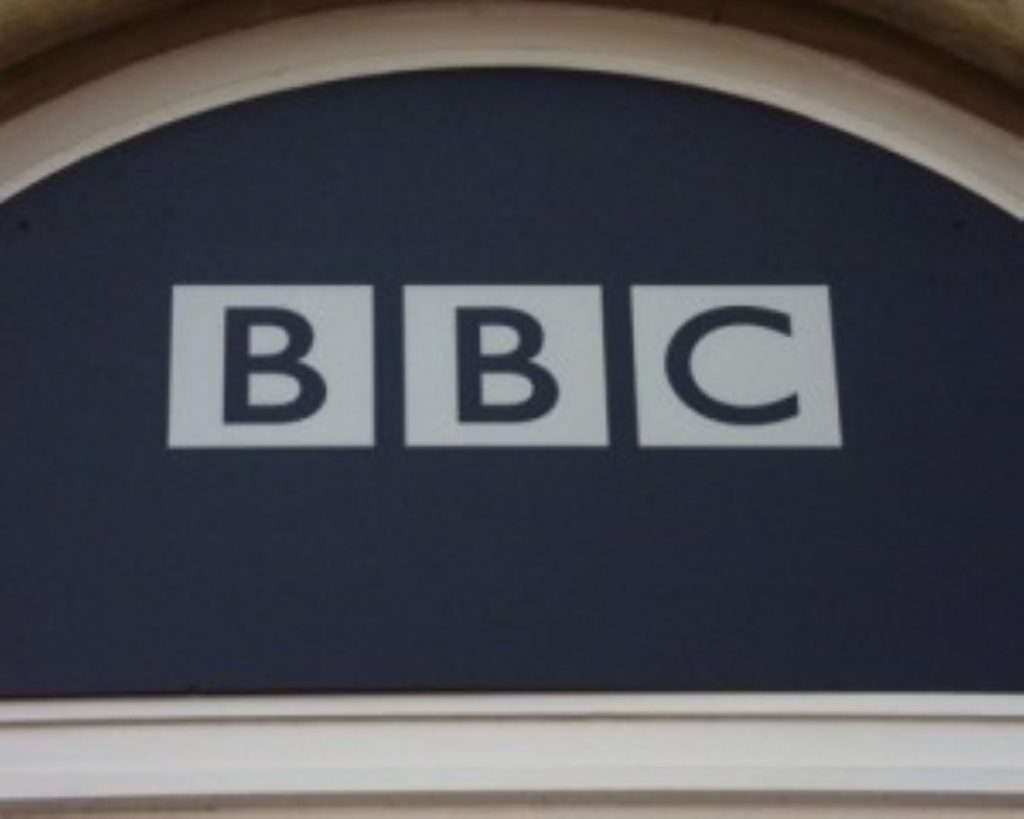Was Queen’s Abu Hamza intervention a rare royal gaffe?
Buckingham Palace should be at least as apologetic as the BBC is after the Queen's first gaffe in a long, long time.
Perhaps it is the higher state of being the Queen has occupied after this year's Diamond Jubilee celebrations – and her appearance with James Bond in the Olympic Games – which has made the British immune to her mistakes.
Telling the BBC's security correspondent Frank Gardner that she had asked Labour ministers to deal with Abu Hamza was certainly one of them. It is a matter of great public interest that the monarch, whose success throughout her 60 years on the throne has been based around the fundamental principle of leaving the governing to the government, has decided to break her longstanding habit.
Gardner told the Today programme: "Actually, I can tell you that the Queen was pretty upset that there was no way to arrest him. She couldn't understand – surely there had been some law that he had broken? In the end, sure enough, there was. He was eventually convicted and sentenced for seven years for soliciting murder and racial hatred."


Never mind that her concerns were those which the vast majority of the public would agree with. That she wants to protect her subjects from the radical cleric is understandable.
However strongly she may feel about the matter, it is her constitutional duty to keep her mouth shut.
Yes, the monarch may be consulted by ministers if they feel it useful for her to do so. She meets with the prime minister on a weekly basis. That does not give her licence to voice concerns to journalists – even on an off-the-record basis. Confidences get broken, even many years after the event. When that happens, the Queen must take responsibility for her mistake as much as Gardner should for his.
It seems there are many unanswered questions about the role of the journalist in the case – first and foremost being the suggestion that Gardner was told the information in confidence. It is possible that only he and the Queen will know the truth behind this. In any case, it seems likely that if he did reveal the information inappropriately, it ought to be himself apologising – and not the BBC as a whole.









